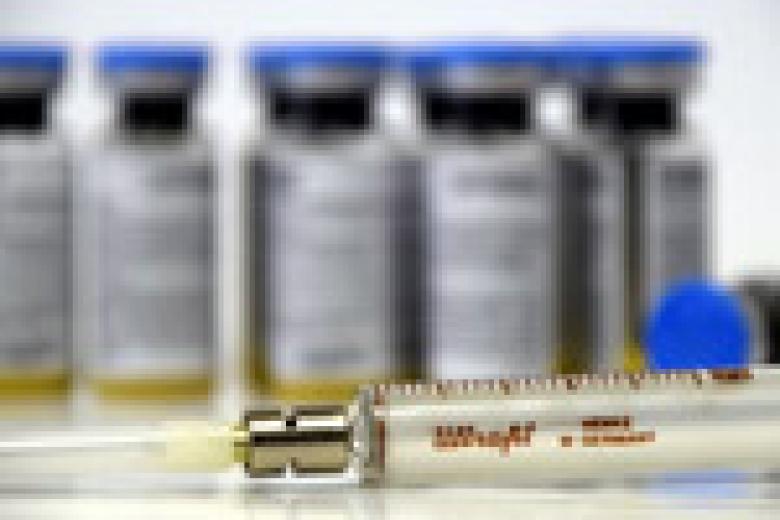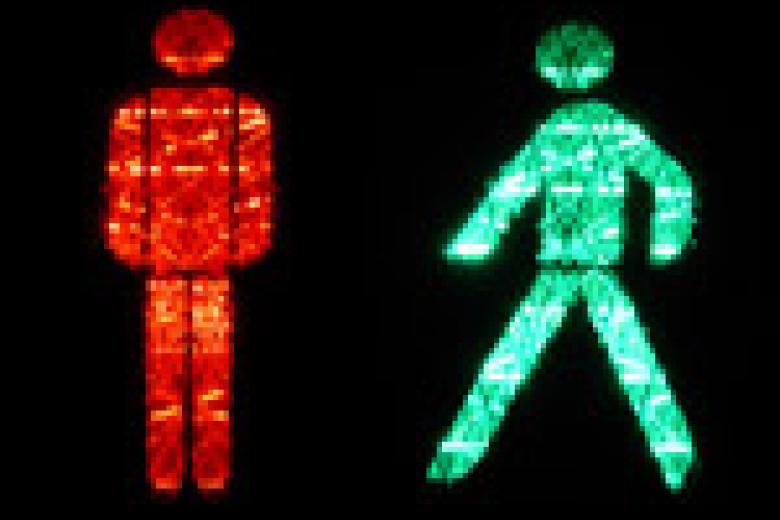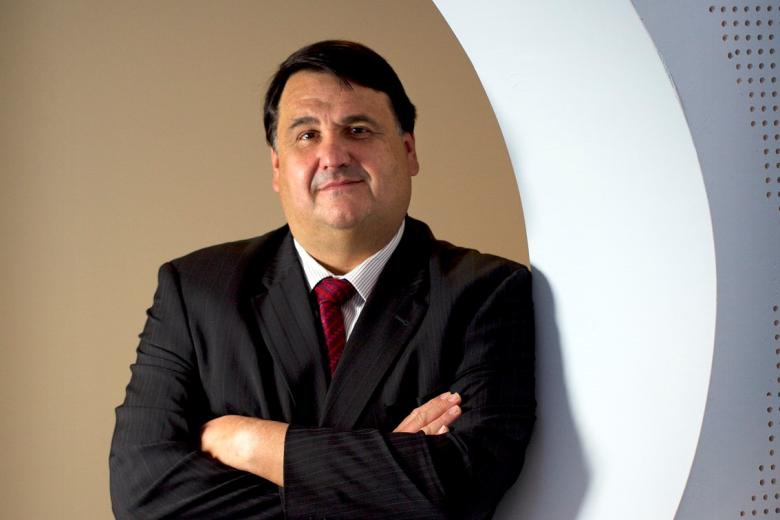How simple measures can have massive effects
With every month, every week that passes, we’re seeing the publication of more and more medical data and studies on COVID-19. A friend of mine who is the editor of a very reputable international medical journal told me recently that they get more than 100 submissions per day that involve research on the new coronavirus. The massive overflow of these reports into the regular media can leave you dizzy. While there is apparent progress (we’ve seen the good news that a potential vaccine seems to have the desired effects), it is clear that an effective therapy for COVID-19 is months, possibly years, away.
Hand washing is still a must
Though the search for high-tech solutions to combat the disease will eventually be successful, we should not forget that simple, preventive measures continue to be effective. In this context, I’m sometimes asked whether it’s still necessary to wash your hands frequently and intensively. The answer is an emphatic YES. We should not forget that the introduction of hygienic interventions historically has been one of the most effective ways to reduce mortality due to infections.
A twin hospital and orphanage
Let me tell a personal story to illustrate this. As a medical student, I went to Vienna to follow a clerkship in obstetrics at one of the most reputable maternity hospitals at the time. As I was entering the grounds of the hospital, I could see two identical-looking historic buildings with 19th century architecture—a twin maternity hospital and orphanage.
While this may sound a bit morbid today, it was a practical solution at a time when maternal mortality after childbirth was very high, due to a condition called childbed fever, a devastating infectious condition that occurred within the first three days after giving birth. Fortunately, the orphanage was not in much use anymore when I started working at this hospital, which carried the name of the man that made it (almost) superfluous—Ignaz Semmelweis.
Infectious physicians
An obstetrician himself who had worked in Budapest and Vienna more than 150 years ago, Semmelweis observed that the mortality rate of mothers due to childbed fever was higher on a ward that was under the care of physicians when compared to a ward where only midwives were working. When he learned that his colleagues were coming straight out of the pathology department after performing autopsies and going on to immediately perform manual examinations of pregnant women, he suspected that the physicians were actually causing the infections.
At a time when bacteria had not yet been linked to infections, he simply ordered all of his colleagues to disinfect their hands before they examined the pregnant women. Although this had a tremendous effect, as the mortality rate dropped almost immediately, Semmelweis’ actions and scientific explanations were not appreciated and supported by the medical establishment and he was treated like a pariah.
An unsung hero
After years of fighting for his ideas, he had a nervous breakdown and was transferred to a mental institution where he died tragically due to a systemic infection, very much like those that he had prevented in his patients. His contributions to preventive medicine were only recognised years later when the causal link between microbes and infection had been accepted within the medical community, supporting the value of disinfection.
With a simple intervention, Semmelweis had saved the lives of countless women. It’s a dramatic story, but perhaps a helpful one to validate the continued need for hand washing and disinfection in the current situation. Washing with soap is an efficient way to deactivate the virus on our skin, as it breaks up the outer layer of fat and protein molecules that surround the core structures of a virus and leads to its destruction. Indeed, simple measures can have massive effects, so let us use these as effective weapons to prevent the spread of COVID-19. And, maybe, thinking about Ignaz Semmelweis and his impact on public health will help us to remember this. My experiences in Vienna many years ago have certainly kept him on my mind during this time of corona.
-
Looking for a safe place to travel during the pandemic
After an exhausting few months in the ‘COVID-19 era’—as we can call it now—after months of hard work and the stress of dealing with a pandemic, everybody is looking to take a break during the summer. But unlike in recent years when we could plan our summer vacation months in advance, this year it...

-
The search for a vaccine: scientific and ethical considerations
It feels sometimes as if the whole world of science is working exclusively on finding a cure for COVID-19. If you are looking at the search for an effective vaccine, it was recently published in The New York Times that more than 130 vaccine candidates are currently in the pipeline, which is still...

-
Coming back to the workplace in pandemic times
In the current phase of the COVID-19 pandemic, countries across Europe are fortunately seeing a decrease in detected infections, hospital admissions and deaths. This is the effect of lockdown policies with different elements but with the common denominator of social distancing, travel restrictions...

